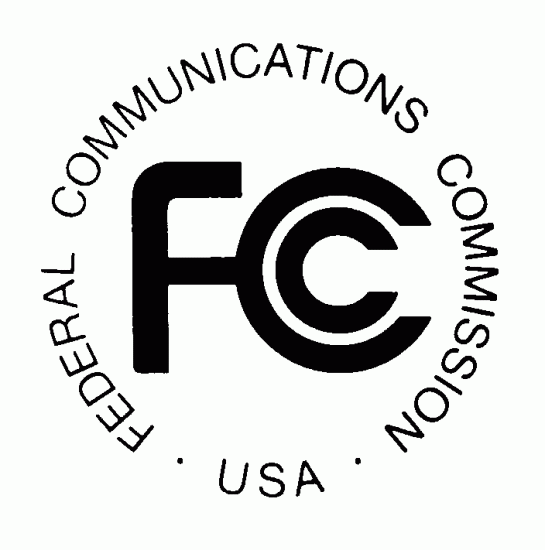US Federal Communications Commission (FCC) plans to establish “two new Innovation Zones for Program Experimental Licenses and the expansion of an existing Innovation Zone”, due approval in August 2021. The Innovation Zones include a zone at North Carolina State University in Raleigh called the Aerial Experimentation and Research Platform for Advanced Wireless (AERPAW), according to the law firm Wiley, and reported in sUAS News.
AERPAW will study new use cases for advanced wireless technologies for unmanned aircraft systems (UAS), says Wiley. The draft public notice states that “AERPAW will focus on how cellular networks and advanced wireless technologies can enable beyond visual line-of-sight unmanned aerial systems to accelerate development, verification, and testing of transformative advances and breakthroughs in telecommunications, transportation, infrastructure monitoring, agriculture, and public safety.” “Notably,” the draft public notice continues, “the AERPAW testbed will be the first platform to allow testing at scale of open 5G-and-beyond solutions in unmanned aerial system verticals.”
According to Wiley, the FCC has been considering for several years spectrum that can be utilized for UAS. In August 2020, the FCC’s Wireless Telecommunications Bureau and Office of Engineering and Technology (WTB and OET) released a report on spectrum usage for UAS. In that report, WTB and OET recommended that the Commission begin a rulemaking to develop service and licensing rules for UAS command and control use of the 5030-5091 MHz band, as called for in a petition for rulemaking filed by the Aerospace Industries Association that has been pending since 2018. The WTB and OET report also noted that alternative frequencies licensed under flexible use service rules could be a promising option for UAS communications, particularly for beyond visual-line-of-sight and other network-based use cases. The report cautioned, however, that it had not studied the potential for such uses to cause harmful interference to other operations.
But activity on spectrum for drones and interference studies is ongoing, like the recently announced Memorandum of Agreement between Skyward and the Federal Aviation Administration to test cellular-connected drones. The National Telecommunications and Information Administration’s Commerce Spectrum Management Advisory Committee recently adopted a report on UAS spectrum. In addition, the FCC has granted a waiver that allows AURA Network Systems to provide command and control services to UAS using air-ground radiotelephone spectrum in the 450 MHz band, subject to AURA filing a petition for rulemaking seeking more flexible use of the band. AURA filed the petition for rulemaking in February 2021, but the petition remains pending.
This Innovation Zone provides further opportunities to provide data to the FCC on uses of spectrum for UAS, and will potentially clear the way for additional spectrum options.
For more information visit:
www.wiley.law




